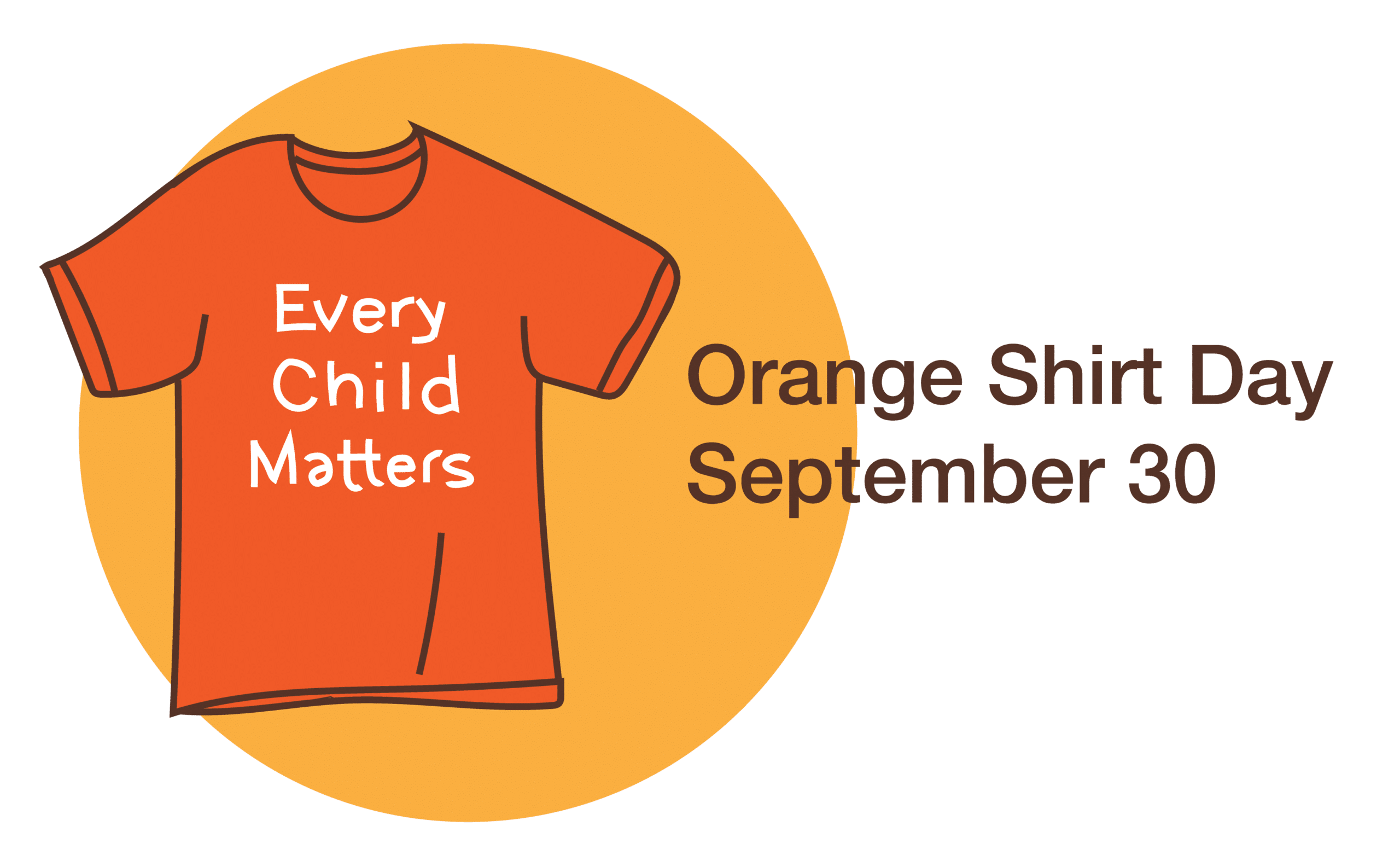A new national day for Truth and Reconciliation! But not for everyone.
Ontario decides not to implement the federal holiday reflecting upon Indigenous resilience.
Canada’s historically shameful colonial government and legal system is yet again all talk and no action, displayed by the Ontario Provincial government’s latest decision to not observe the National Day for Truth and Reconciliation as a holiday. One national holiday in Canada is not enough to repair the damage done to all Indigenous Peoples. However, it would at least provide a day to reflect on and recognize the history of atrocities that continue to be committed against them, such as the tragic legacy of the residential school system (IRS).
The Truth and Reconciliation Commission’s (TRC) report began its implementation shortly after the Indian Residential Settlement Agreement in 2007. The agreement was to empower the TRC to drive the reconciliation process for former residential school students, their families, communities, and all Canadians. The six-volume final TRC report included 94 calls to action, a historical record of the residential school system, and attests to the resilience and courage of each survivor and their families who came forward to share their stories.
This federally-mandated IRS system yielded horrific life-long trauma to Indigenous communities. Today, we still see remnants of the IRS system through intergenerational trauma, historical, and racial discrimination, disease, inaccessibility to resources, and unacknowledged death. This is significant as Canada boasts being a “multicultural nation” and having a “profound respect for diversity,” but this is rooted in the dark history of the mistreatment of Indigenous Peoples.
Although the federal government is on board with the TRC’s report and decisions, Ontario’s decision to not implement this holiday highlights both the performative intention of the holiday, and the inefficiency of federalism. The colonial legal system is riddled with limitations that hinder progress within social and historical issues.
There is great ambiguity between the legislative branches, which permit inconsistencies and gaps in legal frameworks. These unclear policies and contradictory laws disproportionately effect Indigenous Peoples and other minority groups. As pointed out in the TRC, the need to educate Canadians about the experiences of Indigenous Peoples—both past and present—is essential in the healing process.
The TRC also emphasizes that reconciliation means remembering and changing our behaviours and actions in light of past events. The implementation of this holiday, for more than just federal workers, would lead to awareness that Canadians have never seen before, but unfortunately, both the federal and provincial governments seem to be opposed to this notion. The TRC further highlights that reconciliation is focused on establishing and upholding a mutually respectful relationship between Indigenous and non-Indigenous members of the nation.
The federal and provincial government’s overarching power to withhold the National Day of Truth and Reconciliation from all Canadians thereby plays an instrumental colonial role in the hindrance of Canadians moving toward reconciling.
Indigenous perspectives should be prioritized and heard. Wear your orange shirt on September 30 to stand in solidarity with Indigenous Peoples on this nationally recognized holiday.

